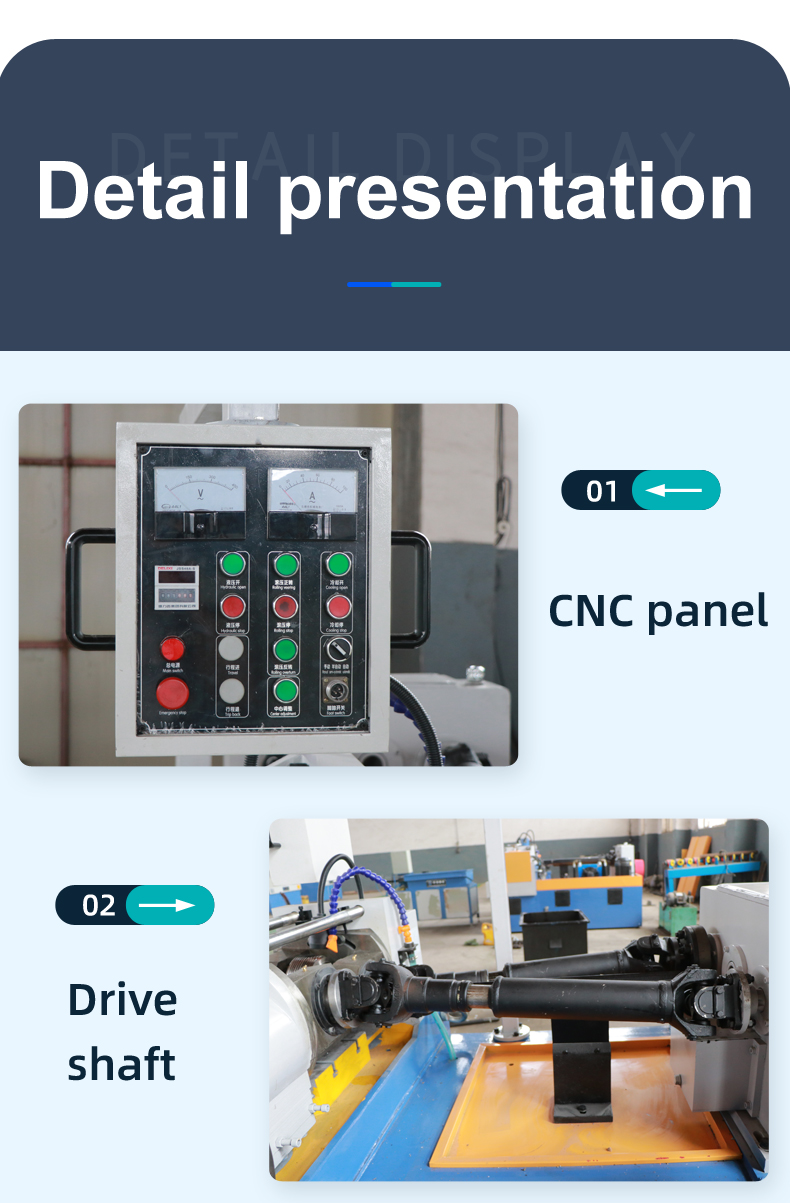Types of Thread Rolling Products - Comprehensive Guide
Types of Thread Rolling Products
Thread rolling is a widely used manufacturing process that involves the deformation of material to create threads. This process is primarily employed in the production of various fasteners, such as bolts, screws, and nuts. The advantages of thread rolling include increased strength, improved surface finish, and reduced manufacturing costs compared to traditional machining methods. Here, we will explore the different types of thread rolling products available in the industry.
1. Bolts
Bolts are one of the most common thread rolling products. They come in various sizes and designs, catering to diverse application needs. Bolts are typically used to join two or more objects together. The rolling process enhances their physical properties, allowing them to withstand higher loads and stresses. Rolled threads on bolts provide superior contact surfaces, leading to reduced friction and better security during fastening.
2. Screws
Similar to bolts, screws are also essential fasteners that utilize rolled threads. They are designed to be driven into materials, offering great holding power. There are various types of screws, including wood screws, machine screws, and self-tapping screws, each tailored for specific applications. Thread rolling is particularly beneficial for screws as it helps produce a stronger and more uniform thread profile, which translates to better grip and fastening efficiency.
3. Nuts
types of thread rolling product

Nuts are typically used in conjunction with bolts and screws to secure assemblies. Thread rolling is used in the production of hex nuts, lock nuts, and other specialty nuts. The rolling process not only ensures a precise thread fit but also improves the overall durability and resistance to wear. Nuts produced through thread rolling exhibit enhanced performance in high-stress environments, making them ideal for automotive, aerospace, and construction applications.
4. Studs
Studs are another important type of thread rolling product. Unlike bolts, studs have threads on both ends and are used to allow for the attachment of two or more components. They are commonly used in various industries, including mechanical engineering and construction. The thread rolling process yields superior strength and resistance to stripping, making studs reliable for heavy-duty applications.
5. Shafts
In addition to fasteners, thread rolling is also utilized in producing threaded shafts, which are often used in machinery and drive systems. Threaded shafts require precise dimensions and thread profiles to ensure proper engagement with other components. The thread rolling technique provides uniformity and smooth finishes, which are crucial for optimal performance.
Conclusion
Thread rolling is a valuable manufacturing process that produces various high-performance threaded products like bolts, screws, nuts, studs, and shafts. Its advantages, including strength enhancement, cost-effectiveness, and improved surface finishes, make it a preferred method in the fastener industry. Overall, the diversity of thread rolling products serves numerous applications across multiple sectors, contributing significantly to the efficiency and reliability of assembled products. As manufacturing technology evolves, the thread rolling process will continue to play an integral role in producing high-quality fasteners and components essential for modern engineering.


